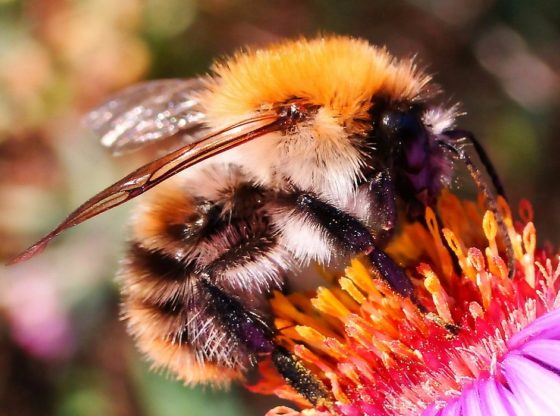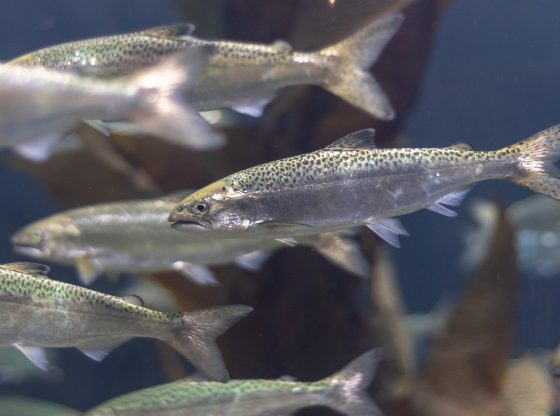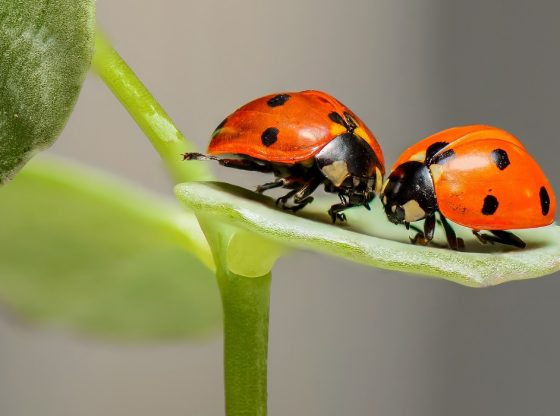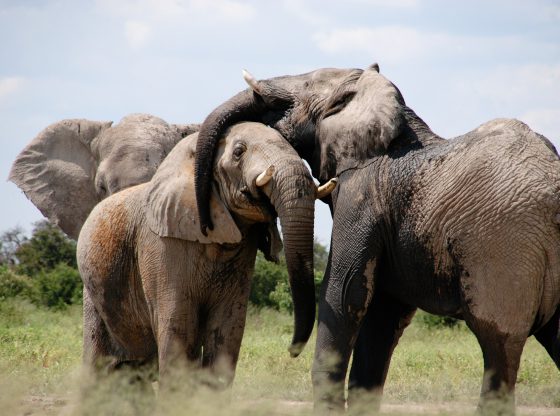Nearly 80 percent of all flying insects appear to have disappeared from central Europe during the past 30 years. This decline is described by researchers as disastrous and they suspect the cause has to do with increased agriculture. Whole ecosystems could be threatened.
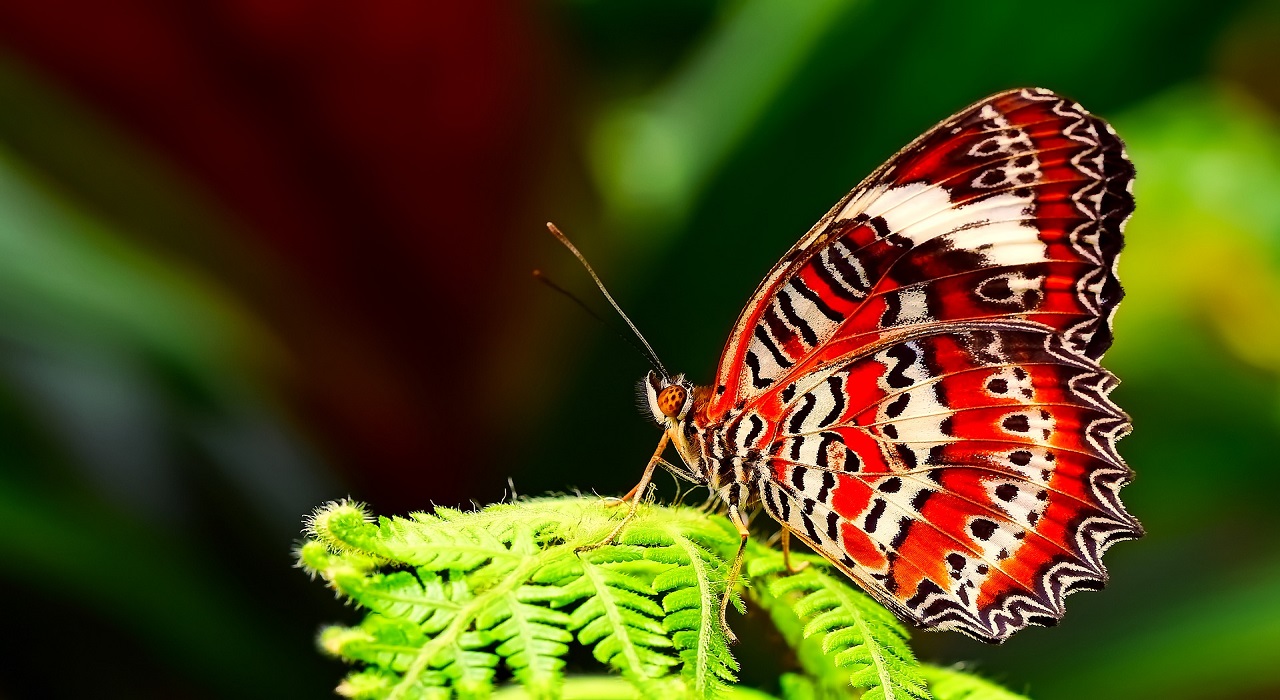
Since 1989, a large network of entomologists around Germany has regularly captured flying insects in over 60 German nature reserves. A meticulous sampling of flying insects over many sites, over many years, yield a dataset that is unique in the world. These findings were then combined into a new study published in Plos One.
The result shows a dramatic decline in insects over the last 27 years, with 76 percent insects compared to baseline 1989 on average, and 82 percent in the summer, when the insects usually occur in larger numbers.
“Insects account for about two-thirds of all life on earth, but there has been a terrible decline,”
– Professor Dave Goulson of Sussex University and co-authors of the study.
Scientists have not yet been able to determine what the cause of this decline in numbers is with certainty, but they dismiss changes in weather conditions and changes in the landscape as possible causes. Instead, they argue that it is probably related to intensified agriculture and increased use of various pesticides and fertilizers.
Previous studies have shown an alarming decline in bees and butterflies, which play an important role as pollinators, both in the wild and in agriculture. This study also shows how, among other things, flies, dragonflies, and wasps have declined, which exacerbates the situation.
“If we lose the insects, everything will collapse,”
“We can not confirm that, but I would say there is a great risk that Germany is representative of a much broader issue. If this is the case, we face an imminent ecological disaster.”
– Dave Goulson.
The study only shows us the situation in Germany specifically, but the researchers believe that the results can be extrapolated to comparable countries in Europe and the rest of the world.
Now, scientists stress that more research is needed to complement and shed further light on the issue and possibly pin down the specific cause of the problem. Scientists are currently investigating sites in the Netherlands to better determine how pesticides are impacting insect populations.
Reference:
Caspar A. Hallmann et al. More than 75 percent decline over 27 years in total flying insect biomass in protected areas https://doi.org/10.1371/journal.pone.0185809

